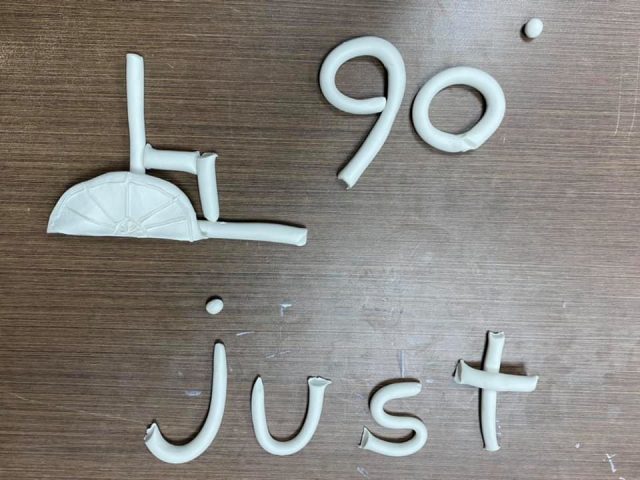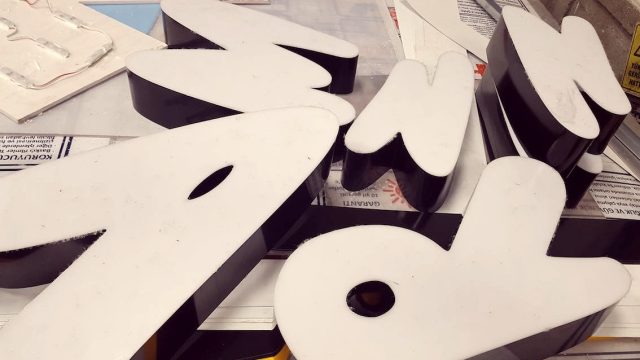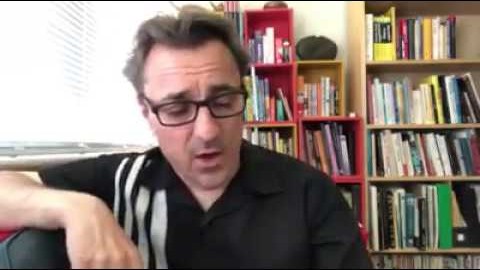Small Words and Punctuation
I recently facilitated a 5-day Davis Dyslexia Correction Programme with an adult dyslexic. Diagnosed in primary school, she received short-term intervention then. She is a good reader and spelling is not an issue, but she struggles to comprehend what she is reading.
During the programme week, she realised what impacted her comprehension. While she reads fluently, her pace of reading was quite fast and she was not even aware whenever she made reading mistakes.
It also dawned on her that she did not have a good understanding of some of the punctuation marks used. Punctuation gives meaning to what we’re reading. The lack of certainty on how each punctuation mark is used and what to do when we come across them (whether to stop, pause, continue reading) added to her confusion.

Another thing that struck her was the realisation that she did not really know the meaning of some of the high-frequency words (such as by, when, who, which) she encountered in reading. She identified the word “just” as being the most confusing for her and did symbol mastery (see illustration) in order to have clarity of the meaning and that resolved her confusion. “Just” means exactly, precisely.
Can you see the meaning in her clay model? The protractor was used to give an exact, precise measurement of the right angle.
Once she masters the punctuation marks, resolves any words that caused confusion, slows down when reading, and converts what she reads into pictures, she begins to have better comprehension and retains what she is reading.









